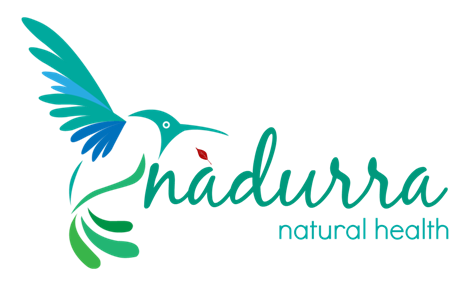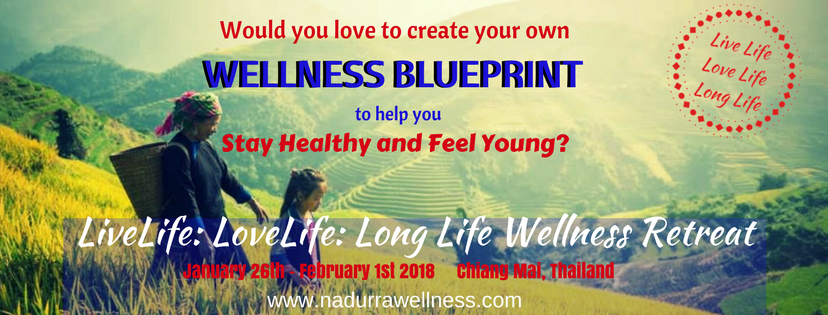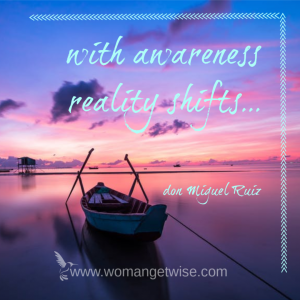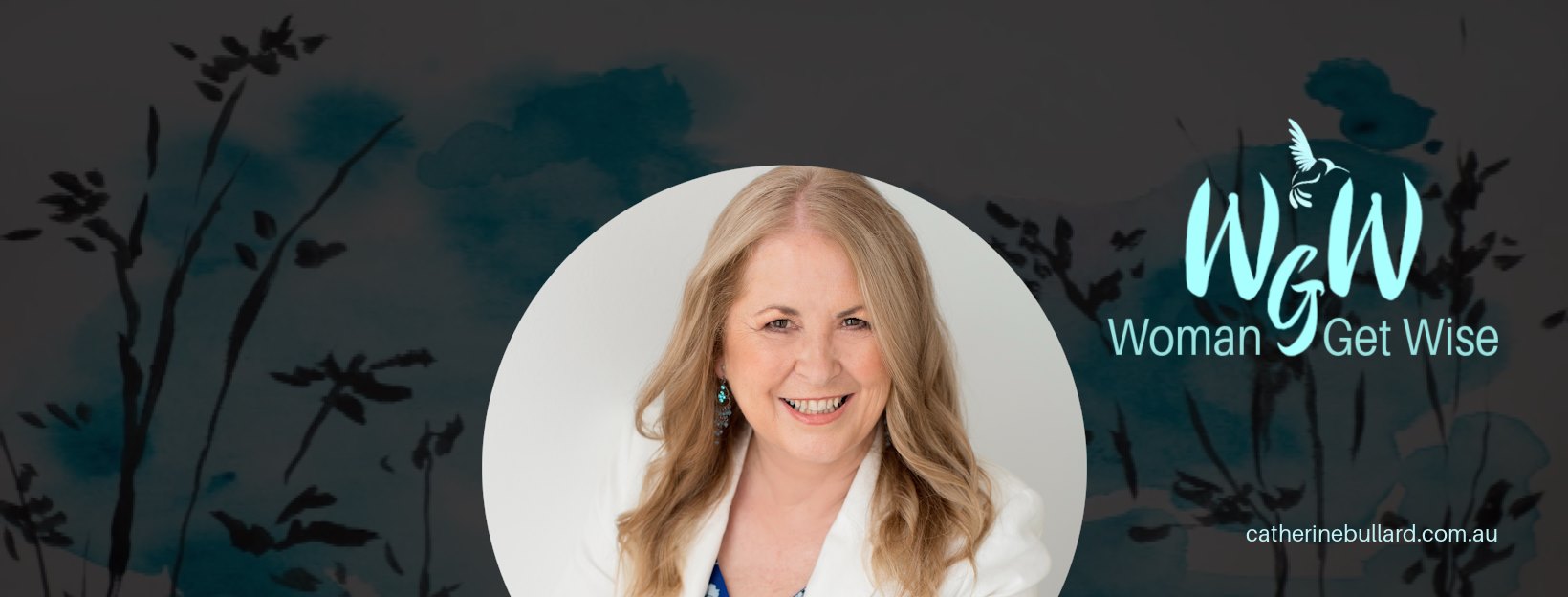For most people the question of whether coffee is good or bad for them is entirely irrelevant. Whatever the answer, it makes no difference to their coffee habit. Lots of us rely on our morning java to get us going and for some that first one is followed by refills through the day. But caffeine is highly addictive and can lead to adrenal fatigue. So, in the balance, is coffee good or bad for you?
Coffee is often touted as having health benefits but the simple truth is that coffee is not a health food. Like other drugs there are side effects to any benefit that it offers. There are much better, less risky ways to achieve any of the professed benefits of coffee consumption.

Coffee serves different purposes for each individual. From simply being a taste indulgence to a pick-me-up, it can get you through depression or anxiety. But the caffeine provides the adrenaline rush, the temporary jolt, also has a dark side. It puts stress on your adrenal glands, increases your stress hormones and leads to a vicious cycle of stress and anxiety. When you drink lots of coffee the adrenaline rush initially makes you alert. But as it wears off cortisol builds up. When this cycle is repeated frequently it creates the same effect on your body as chronic stress.
It’s interesting that the heaviest coffee consumption occurs in generally dreary, overcast, drizzly places, that lack long periods of sunshine. Caffeine seems to help with depression initially by contributing to dopamine production, which in turn helps lift our mood. But increased coffee consumption can then create the vicious circle that actually leads to depression.
Caffeine is present in a number of foods besides coffee like chocolate, cola and tea. But most caffeine in our diet comes from coffee. However caffeine only makes up 1 – 2% of the coffee bean and it’s the other constituents that are now beginning to be researched for their effect on our health.
BENEFITS OF COFFEE
For some years coffee has been recognised as also having benefits as well as being harmful. As a result the belief that to be healthy you needed to avoid coffee eased somewhat for a while.
Caffeine certainly can benefit those suffering from Alzheimer’s or Parkinsons disease. Research from 20-30 years ago found there was a likely relationship between coffee and diabetes. When more coffee was drunk the risk of developing Type 2 Diabetes decreased.
However more recently it’s been found that the caffeine in coffee could be causing insulin spikes and contributing to hypoglycemia. Considering insulin imbalance plays such a part in the rapidly growing problem in our society of ‘diabesity’ the alarm bells are now ringing.
COFFEE IS ACIDIC
Coffee is a very acidifying food. Foods causing an acidic reaction in the body are known contributors to a wide range of problems quite apart from digestive upsets. These include arthritis and gout.
Some symptoms of acidification in your body are:
- General: Constant fatigue and low energy; heaviness in the limbs; feel cold, low body temperature
- Mind: Depression; nervousness; easy agitation; easily stressed
- Headaches
- Eyes: Easily tear, conjunctivitis, inflamed eyelids and corneas
- Mouth: inflamed gums, ulcers, loose teeth, cracks in the mouth corners, frequent throat infections, teeth chip easily, teeth are sensitive to heat and cold, nerve pain in the teeth
- Gut: Excess stomach acid; acid reflux; gastritis; ulcers;
- Hair and Skin: Nails split easily; dry skin; hives; hair is dull, split ends and falls out
- Legs: Cramps
HEALTH PROBLEMS FROM COFFEE
Caffeine is a diuretic, causing the body to release more fluid. This also results in an increased excretion and loss of high levels of minerals, including calcium, magnesium and potassium. This becomes particularly significant in Australia where the soil is already very mineral deficient. Foods grown in this type of soil is also low in minerals. Therefore your levels of these vital minerals are likely low to begin with even before drinking coffee.
So many are now stressed, depressed, overworked, sick, nutritionally deficient, hormonally imbalanced and generally living with inflamed or toxic bodies. With the incidence of chronic illness also constantly increasing it seems that the time has arrived for many to kick their habit.
Health effects of caffeine on the body include:
- Contributes to fertility problems including increased miscarriage and infertility
- Triggers the secretion of stomach acids and causes heartburn
- Contributes to hypoglycemia, an imbalance of blood sugars
- Increases weight gain over the long term linked to the production of stress hormones
- Hastens osteoporosis because it interferes with mineral absorption in the bones
- Affects the normal detoxifying process in the liver
- Causes dehydration which then can lead to many other problems including wrinkles and stretch marks.
- It can even contribute to gluten intolerance or Coeliac disease.
HOW TO QUIT COFFEE
Caffeine is very addictive and when it’s combined with stress in your life then the coffee habit can get out of control. But, some people don’t actually want to consider that there may be an addiction, let alone to kick it.
Quitting coffee can be very difficult. Apart from leaving you feeling weak and tired it can cause all sorts of side effects. Headache, fatigue, depression and difficulty concentrating are some as anyone who has to forgo their normal fix knows very well.
The answer is not to turn to de-caf coffee but to turn to healthier alternatives. Decaf coffee is often subjected to nasty toxins such as solvents in the decaffeinating process. It also still contains trace amounts of caffeine. Choose NO-CAF over DE-CAF.
Caffeine withdrawal doesn’t have to be overwhelming and there are natural remedies that can ease it. Homeopathic remedies can be extremely helpful to stop cravings for all manner of substances, including coffee. Hypnotherapy and EFT are other strategies that can successfully break addictive habits. Supplementing with the amino acids L-Tyrosine or Phenylalaline can also help. Some people do better on one and some on the other.
HEALTHY ALTERNATIVES TO COFFEE
When my clients need to cut back on their coffee I encourage them to do it in small manageable steps. They start by drinking just one cup less a day. Gradually they work down to one ‘high quality’ coffee treat on the weekend, or even better, no coffee. The easiest way to do this is to replace the coffees with healthier alternatives.
Begin to wean yourself off coffee by replacing one or some of your coffees with any drinks from this list. Then gradually decrease the coffees and increase the alternatives.
Dandelion Coffee
Dandelion coffee has a strong, slightly bitter flavour, very similar to coffee but it contains no caffeine. It has an astonishing range of health benefits. It is nutrient rich, supports the liver and kidneys to remove impurities, aids digestion and decreases inflammation, plus much more. The root is roasted and sometimes mixed with chicory root. You can drink it black, with milk, make a latte or take it any other way you prefer your coffee. It is frequently used to make a chai.
Chicory has many health benefits but is known for it’s ability to reduce the effects of stress and for liver support. Try the pure dandelion root and the chicory/dandelion mix to discover which you prefer. You could also have an occasional dandelion / coffee mix.
Dandelion coffee is simple to make and you’ll find instructions on google. If harvesting your own plants, make certain you’re using true dandelion and not the very similar Catsear.
Teechino
Teechino gives the energy feel of caffeine without the crash. It tastes like coffee but is made of carob, barley, chicory, dates, figs and almonds. However, this contains gluten so don’t use Teechino if you avoid eating gluten.
Yerba Mate
Yerba mate (pronounced yerba matay) is a herbal tea from South America. It doesn’t taste exactly like coffee but has a pleasant flavour of its own. It is rich in antioxidants and minerals. Like coffee it boosts energy and fights fatigue. It does contain caffeine but the levels are lower than in coffee or even tea. You can also find Yerba Mate in some herbal tea blends.
Green Tea
Green tea has small amounts of caffeine, about 20 grams a serve, but these are substantially less than in coffee. It has high levels of antioxidants that fight free radical damage LINK , improves cardiovascular health, reduces the risk of cancer and helps with weight loss. By the way, your green tea needs to be green, if it is brown it has been oxidized.
White Tea
Even better than green tea is white tea which is less processed and retains a higher amount of antioxidants than green. It also has less caffeine than green with only 15 grams a serve, and is light and delicious.
Rooibos Tea
Rooibos is a pleasant full flavoured, slightly sweet and nutty tea from South Africa. Like coffee it can be mixed with milk. It contains no caffeine and very little tannin. It’s also rich in antioxidants and minerals. It is thought to reduce stress, irritability and headaches, the opposite of coffee. Plus rooibos has many other health benefits as well as relieving many illnesses.
Reishi Mushroom Tea
Reishi Mushroom tea is the one to take if you’re determined to wipe the slate clean, although it is certainly an acquired taste. This tea has many qualities to recommend it. It’s loaded with antioxidants, a wonderful immune stimulant, lowers blood pressure and is purported to have cancer fighting qualities. It requires long brewing and you may need to add ginger for flavour or to sweeten it.
CHOOSE HEALTHIER COFFEE
If in spite of everything, you wish to continue drinking coffee then consider the coffee you drink and choose the best options around.
- Firstly, opt for Organic fair-Trade varieties. Coffee is notorious for its dangerous growing practices.
- If your coffee is milky you might want to think again. Lattes offered by Starbucks for example are high in kilojoules, sometimes as high as fattening desserts like ice-cream or chocolate cake. What’s more, those joules are all in the form of unhealthy fats.
- The way coffee is prepared affects the caffeine levels. Espresso coffee contains less caffeine than drip coffee and also has the most antioxidants. But it is also the one linked to higher levels of Triglycerides and LDLs.
- The amount of caffeine in light and dark roasts varies only slightly so which you use makes little difference
After all this bad news are you still reading?
If you’re still with me let me know in the comments below what your favourite coffee alternative is.
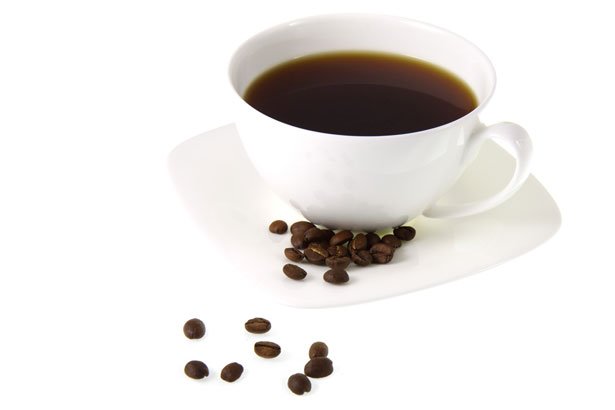
Would you love to create your own WELLNESS BLUEPRINT to help you
Stay Healthy and Feel Young?
Join us at the LiveLife: LoveLife: Long Life Wellness Retreat
in January 2018 in Chiang Mai Thailand. For all details
Disclaimer
All information and opinions presented here are for information purposes only and are not intended as a substitute for professional advice offered during a consultation with your health care provider. Do not use this article to diagnose a health condition. Speak to your doctor if you think your condition may be serious or before discontinuing any prescribed medication. Please consult with your health care provider before following any of the treatment suggested on this site, particularly if you have an ongoing health issue.
